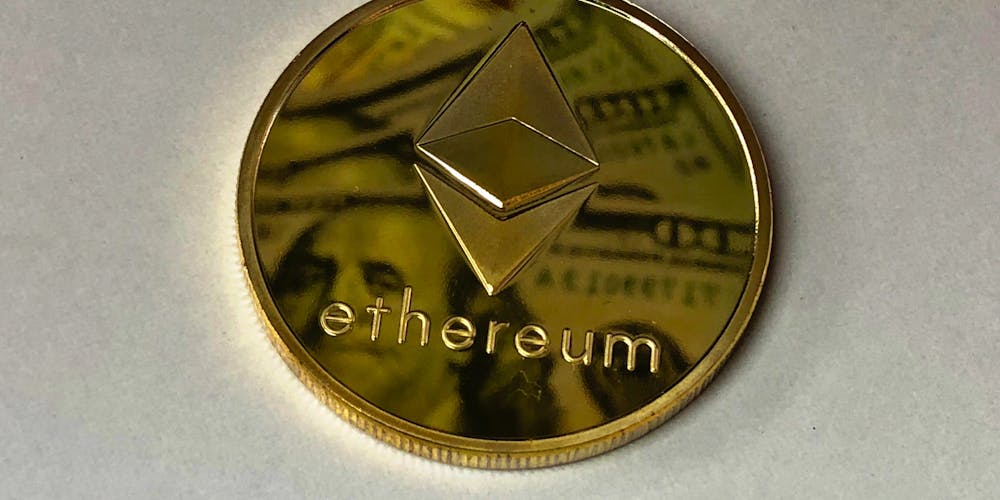Ethereum, the second-largest blockchain network by market capitalization, has seen a significant reduction in transaction fees, reaching an average cost of just $1.12 per transaction. According to recent data, this is the lowest average fee recorded since October 18th, a feat that is aligned with a concurrent dip to 6.43 gwei for the median gas fee. Such numbers haven’t been seen for three years and are considered by many as a sign of affordability and accessibility for users and developers on the Ethereum network.
The decline in fees may be an indication of reduced network congestion, which has been an ongoing challenge for Ethereum. It could also reflect a shift in user activity or a broader reduction in transactional demand across the platform. With Ethereum continuing to hold a dominant position in the decentralized applications (dApps) and decentralized finance (DeFi) sectors, these low transaction costs could act as a catalyst for increased activity within the blockchain.
Market Reactions and Price Stability
Despite the plunge in transaction fees, the price of Ethereum did not witness a proportional increase. Although there was a brief moment where the ETH price surged past the $3,300 mark, it quickly regressed, finding a semblance of stability around $3,100. This has baffled some investors, as lower transaction fees are typically seen as a positive change that could drive more usage and, consequently, an uptick in the token’s value.
Nevertheless, observers and analysts remain optimistic about Ethereum’s long-term prospects. The potential for the network to attract and accommodate a more substantial user base, thanks to these lower fees, might pave the way for positive market adjustments in the future. However, the current stagnation has raised questions about the immediate impact of fee reductions on the overall price and market sentiment.
Competition and Ecological Trends
The reduction in Ethereum’s transaction fees occurs amidst increasing competition from other Layer-1 blockchains, such as Solana, which has been vying for a share of the dApps and DeFi markets. Solana’s ability to offer high transaction speeds with lower costs has led to a growth in new projects seeking a platform for their applications, particularly after events like token halvings, which tend to generate market excitement.
While Ethereum’s fees have decreased, Solana has seen an influx of meme coin projects, exemplified by the launch of $SNUKE, which has garnered substantial investments. The meme coin trend continues to hold a certain appeal within the crypto community, although their volatility and the rapid lifecycle of rise and fall remain concerns for investors. This interaction between established platforms like Ethereum and emerging competitors demonstrates the dynamic nature of the blockchain landscape, with user and developer preferences shaping the market.

